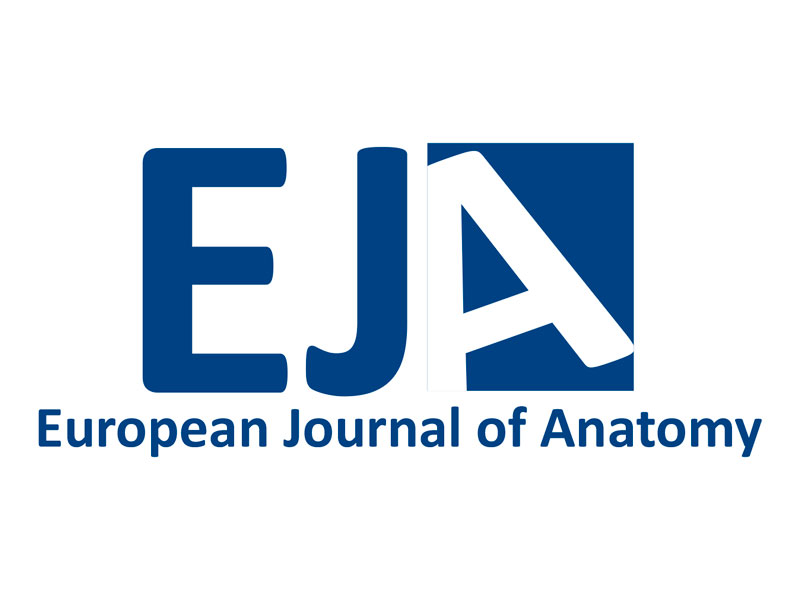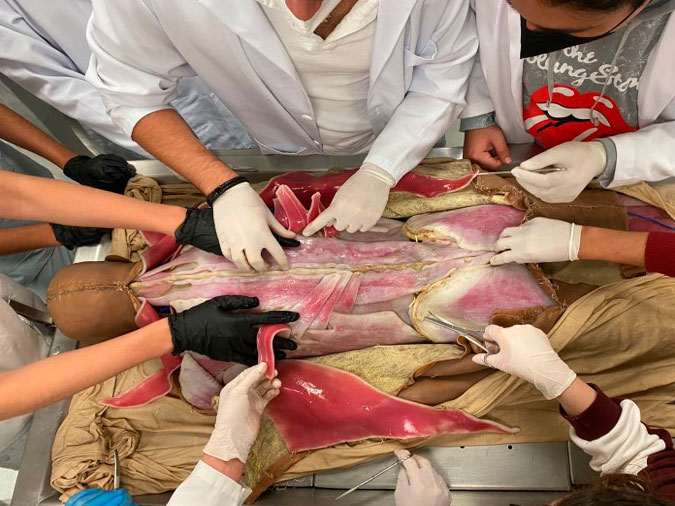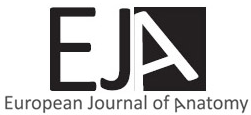Human cadavers may present risks to staff and students in anatomy, particularly when new infectious diseases, such as COVID-19, arise. The processing of human tissues in relation to infectious diseases, particularly the fixatives used, was reviewed to try to formulate knowledge to safeguard staff and students working in anatomy laboratories. Advice from virologists indicates that the SARS-CoV-2 virus is unlikely to remain in cadavers that are adequately fixed, particularly if the cadavers are left undisturbed for a prolonged period. However, bodies that are known to be COVID-19-positive should not be accepted into donor programs. It is also recommended that staff and students who come into contact with cadavers should be vaccinated against the virus. In the light of these precautions, teachers and students can retain confidence in being able to continue their education using human cadaveric material.
Considerations for the containment of COVID-19 in cadavers: ensuring the continuance of human dissection for the education of healthcare professionals
Beverley Kramer1, Bernard Moxham2 and Reubina Wadee3
1 School of Anatomical Sciences , Faculty of Health Sciences, University of the Witwatersrand, Johannesburg South Africa
2 Cardiff School of Biosciences, Cardiff University, Museum Avenue, Cardiff, CF10 3AX, United Kingdom
3 Department of Anatomical Pathology, School of Pathology, Faculty of Health Sciences, University of the Witwatersrand, Johannesburg South Africa/ National Health Laboratory Service
SUMMARY
Eur. J. Anat.
, 25
(5):
625-
632
(2021)
ISSN 2340-311X (Online)
Sign up or Login
Related articles
Letter to the editor
Letter to the editor



